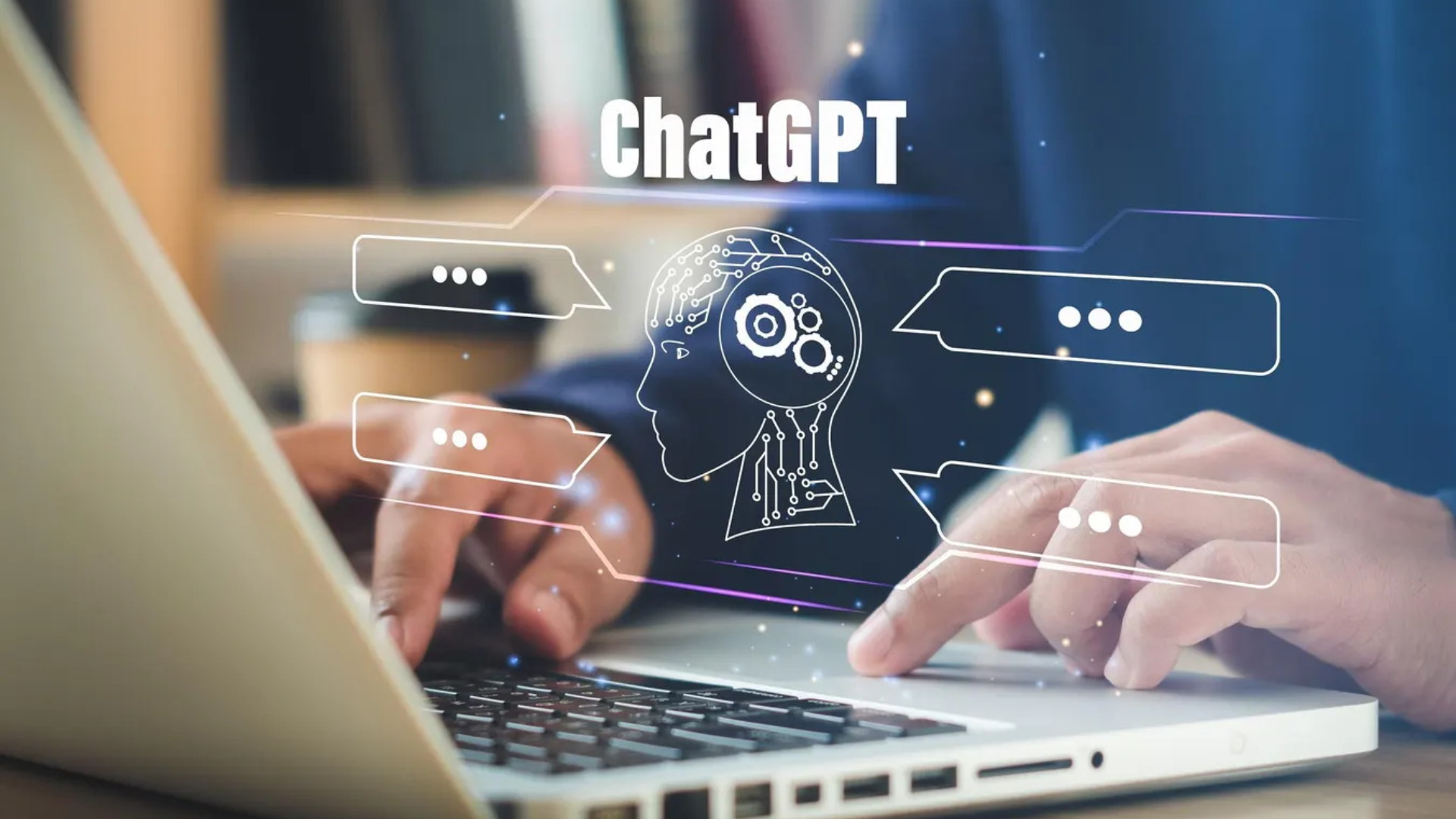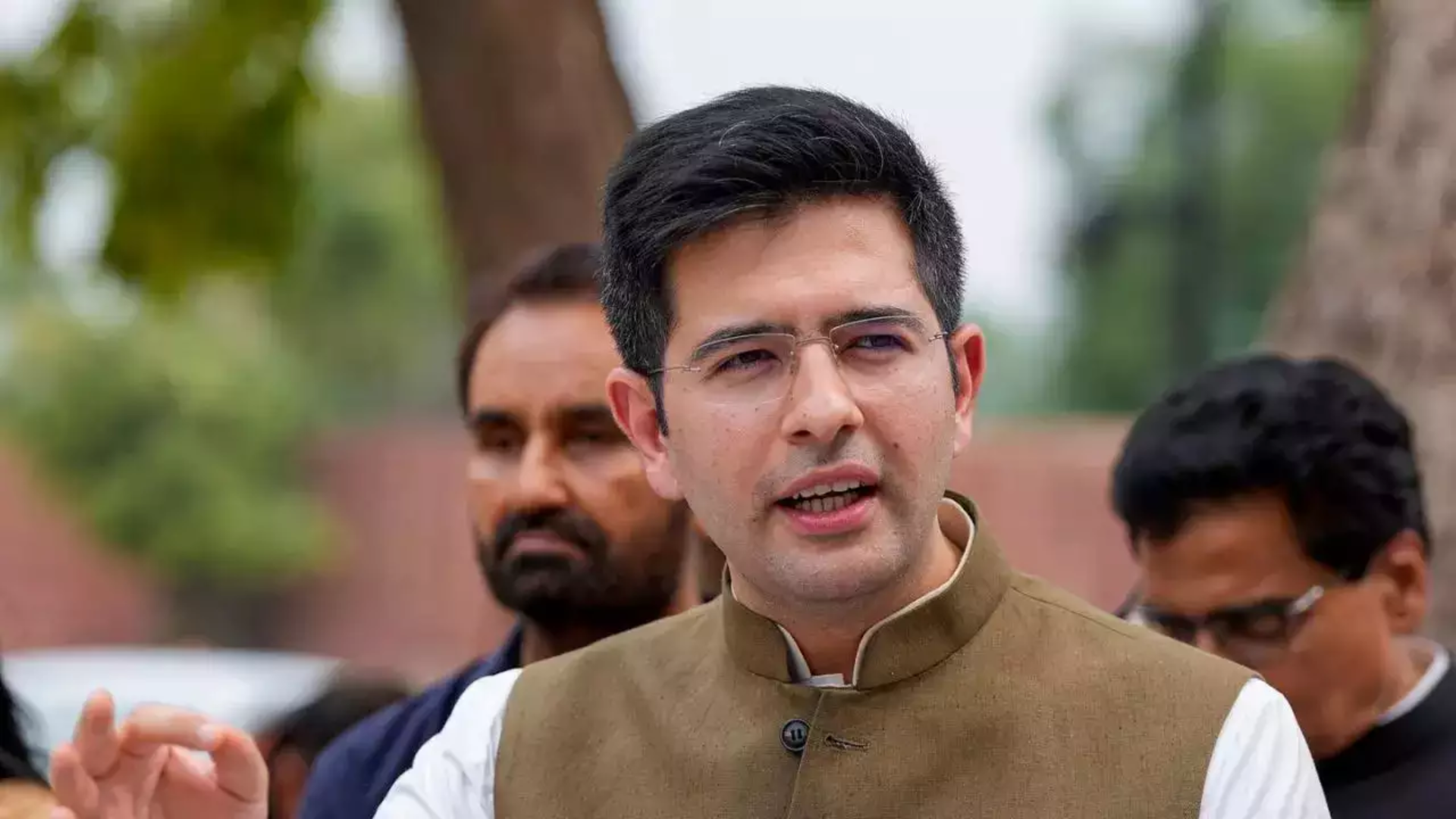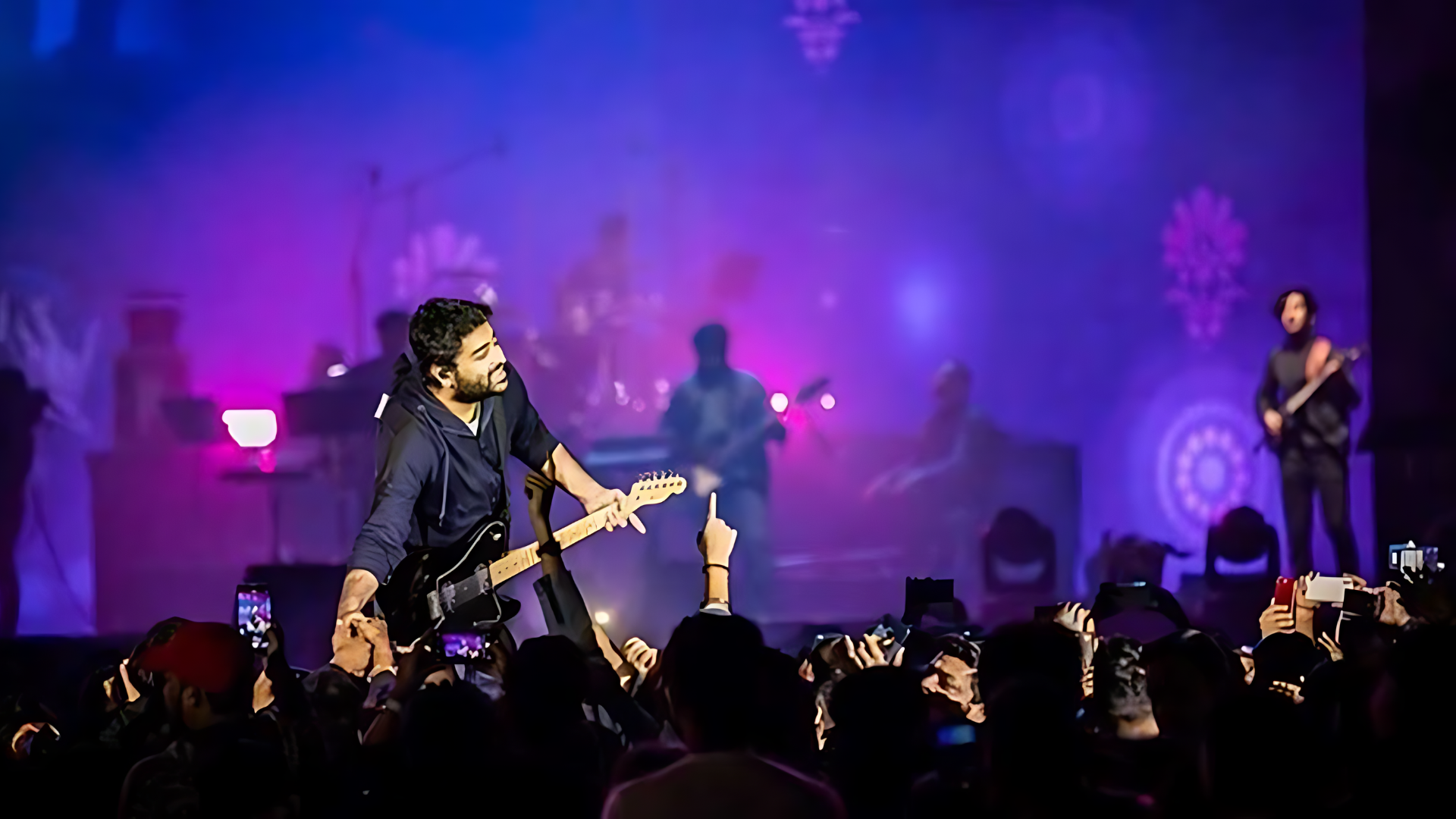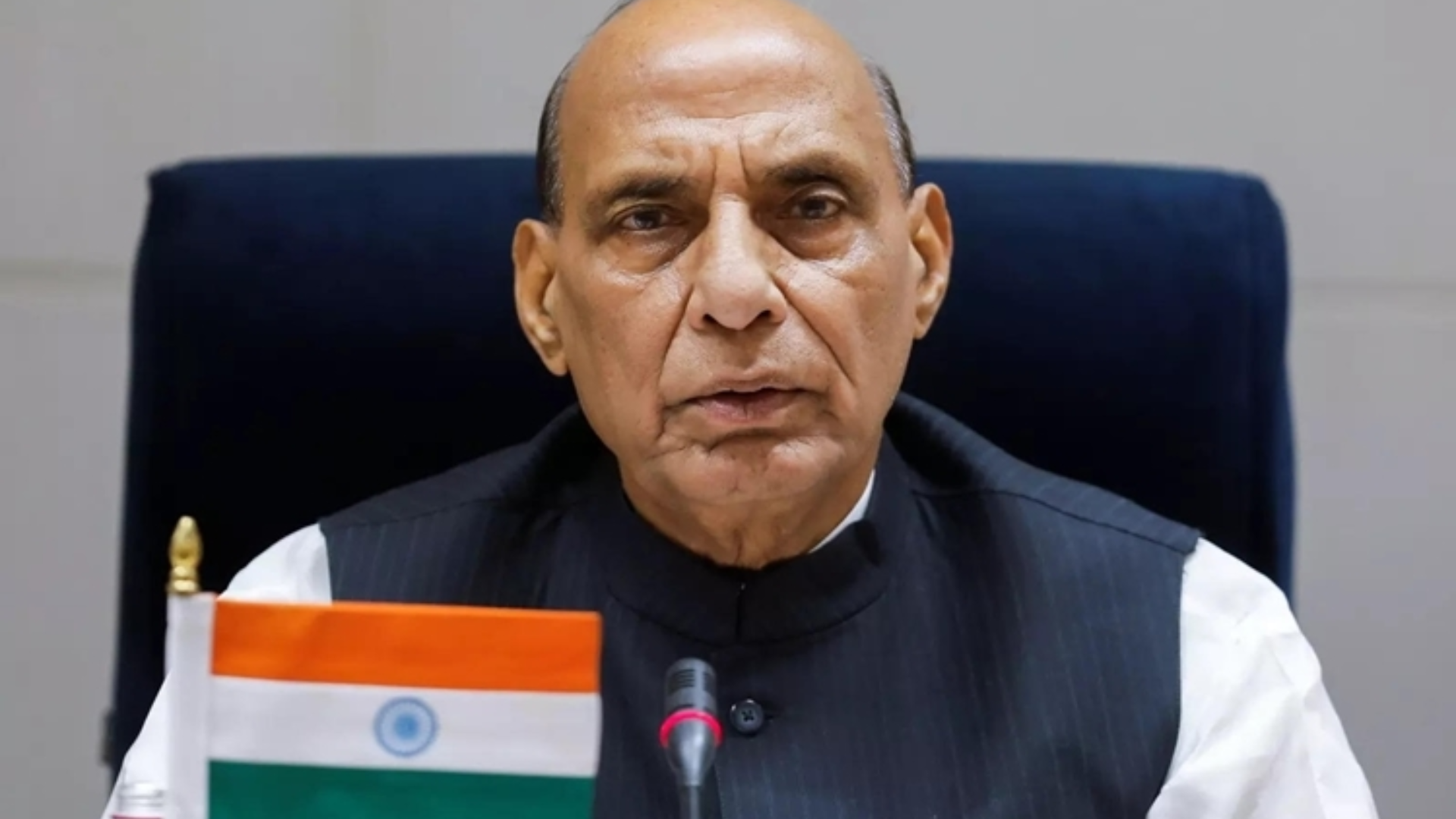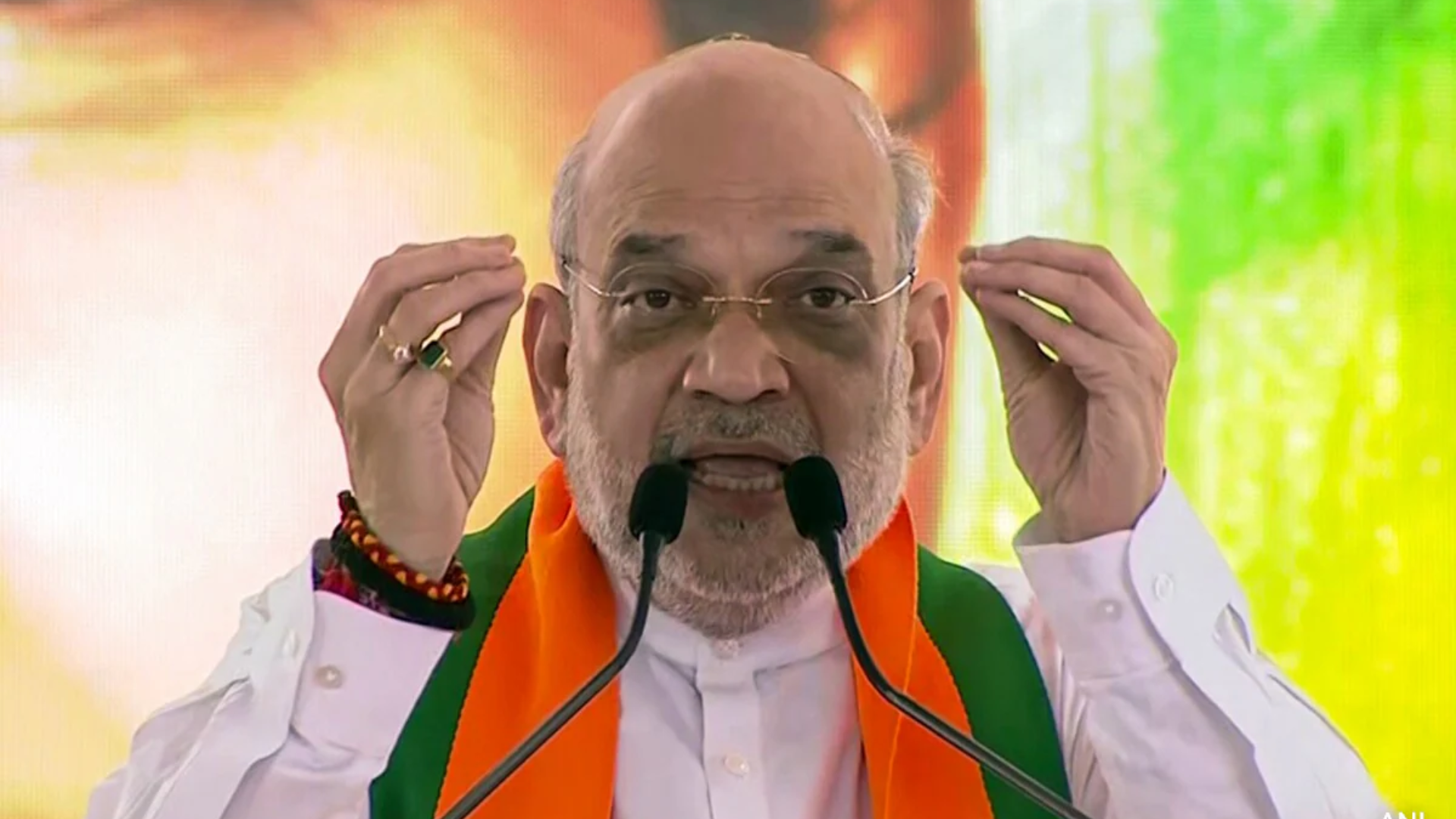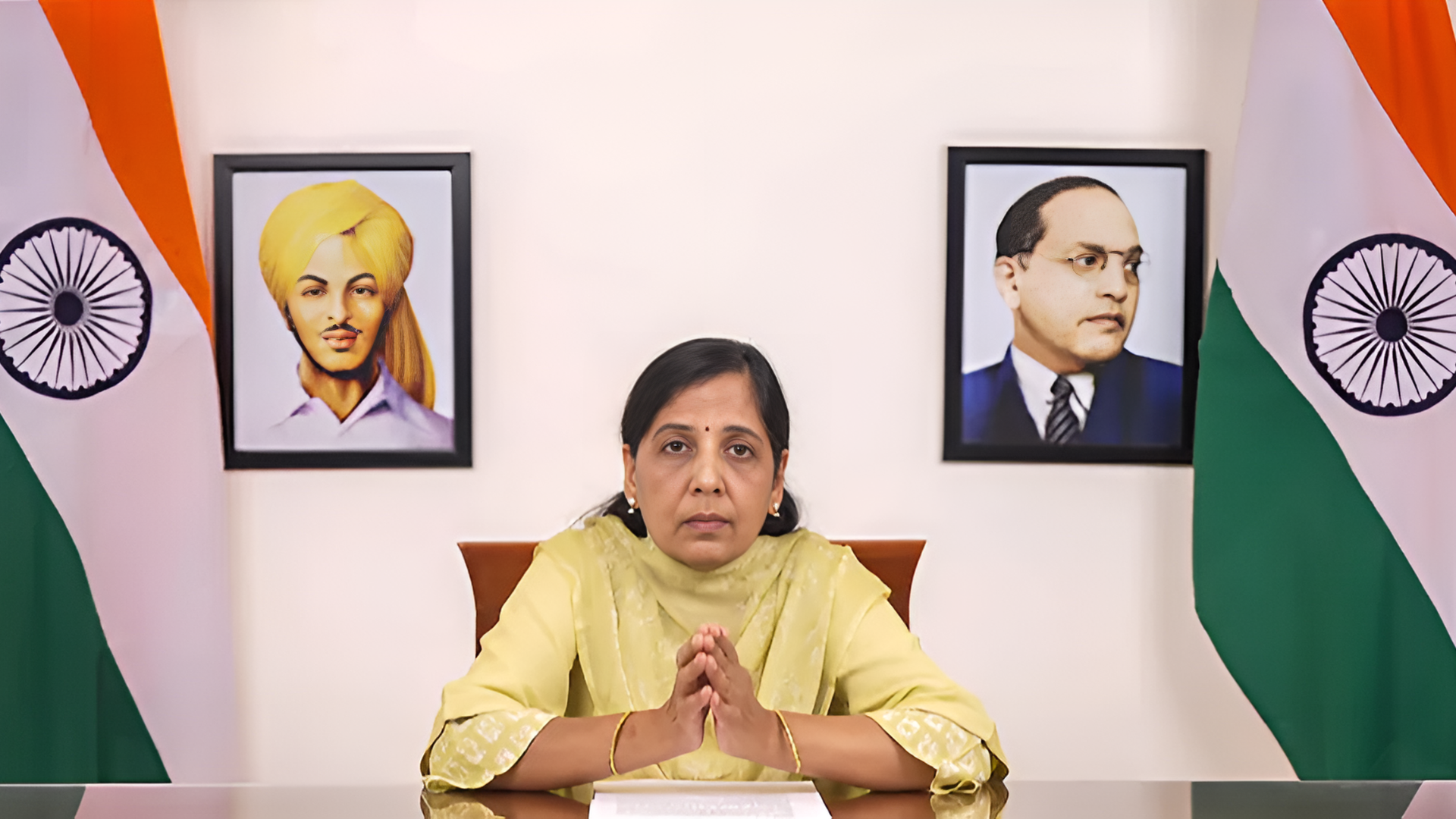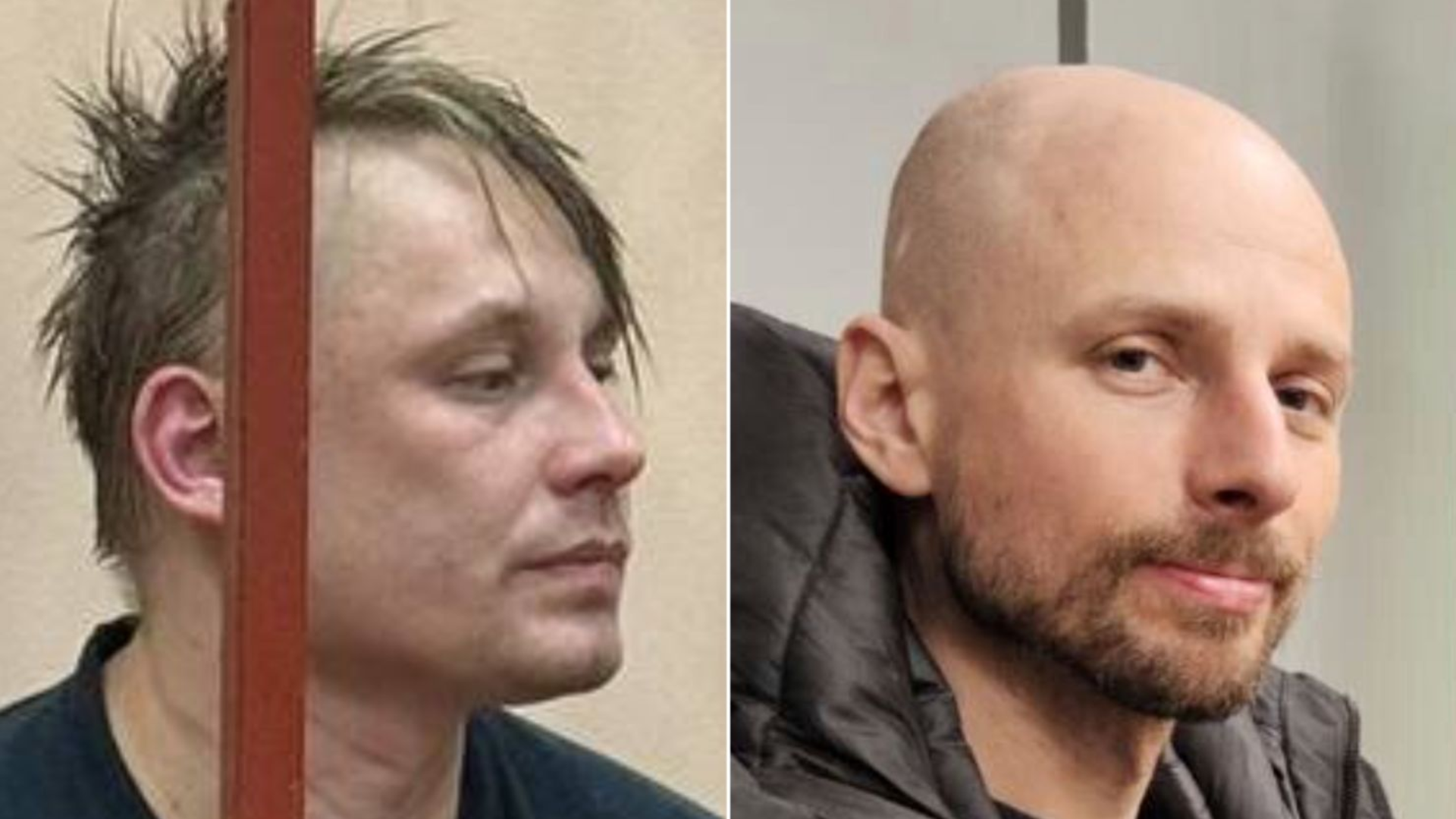


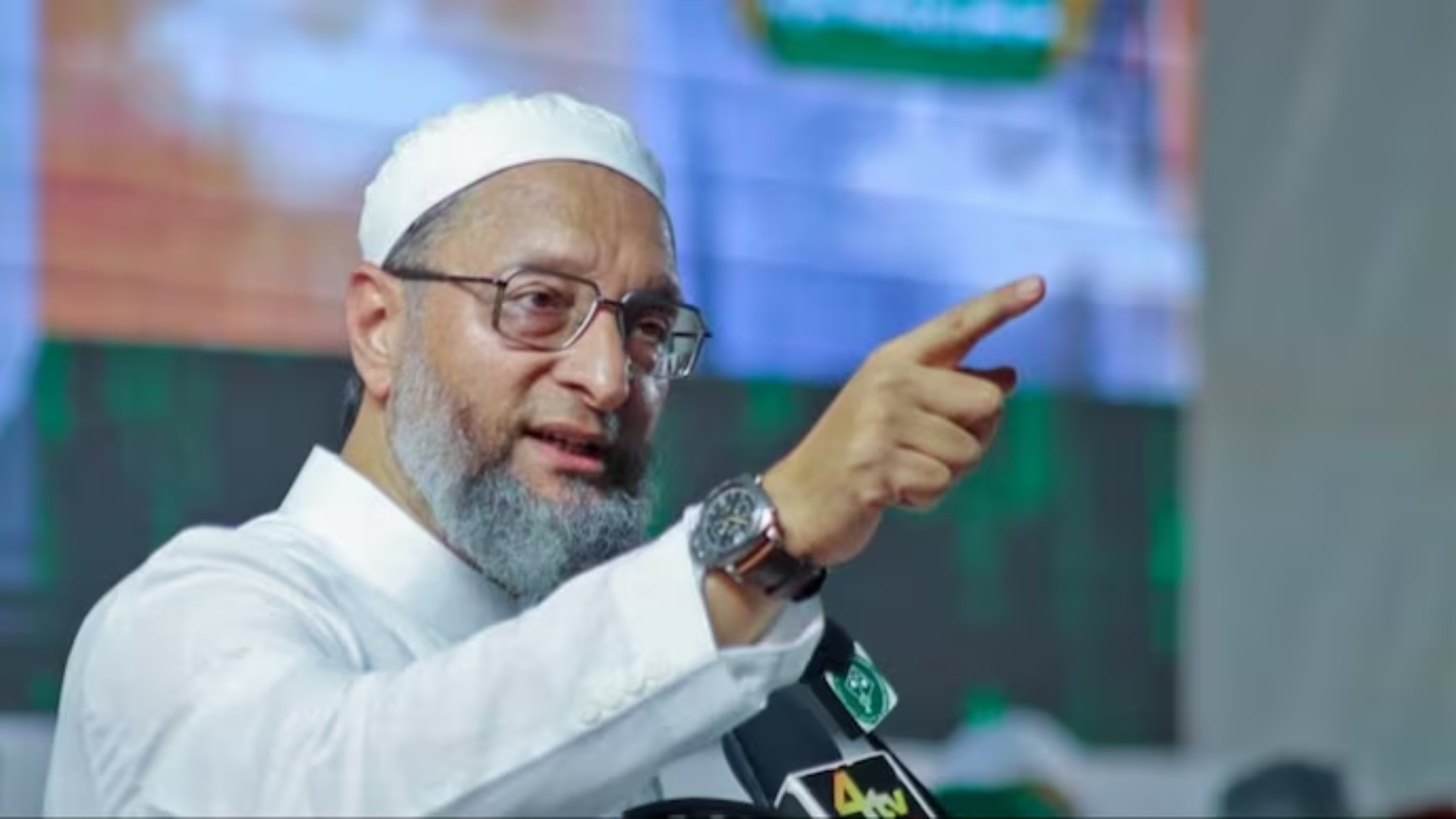
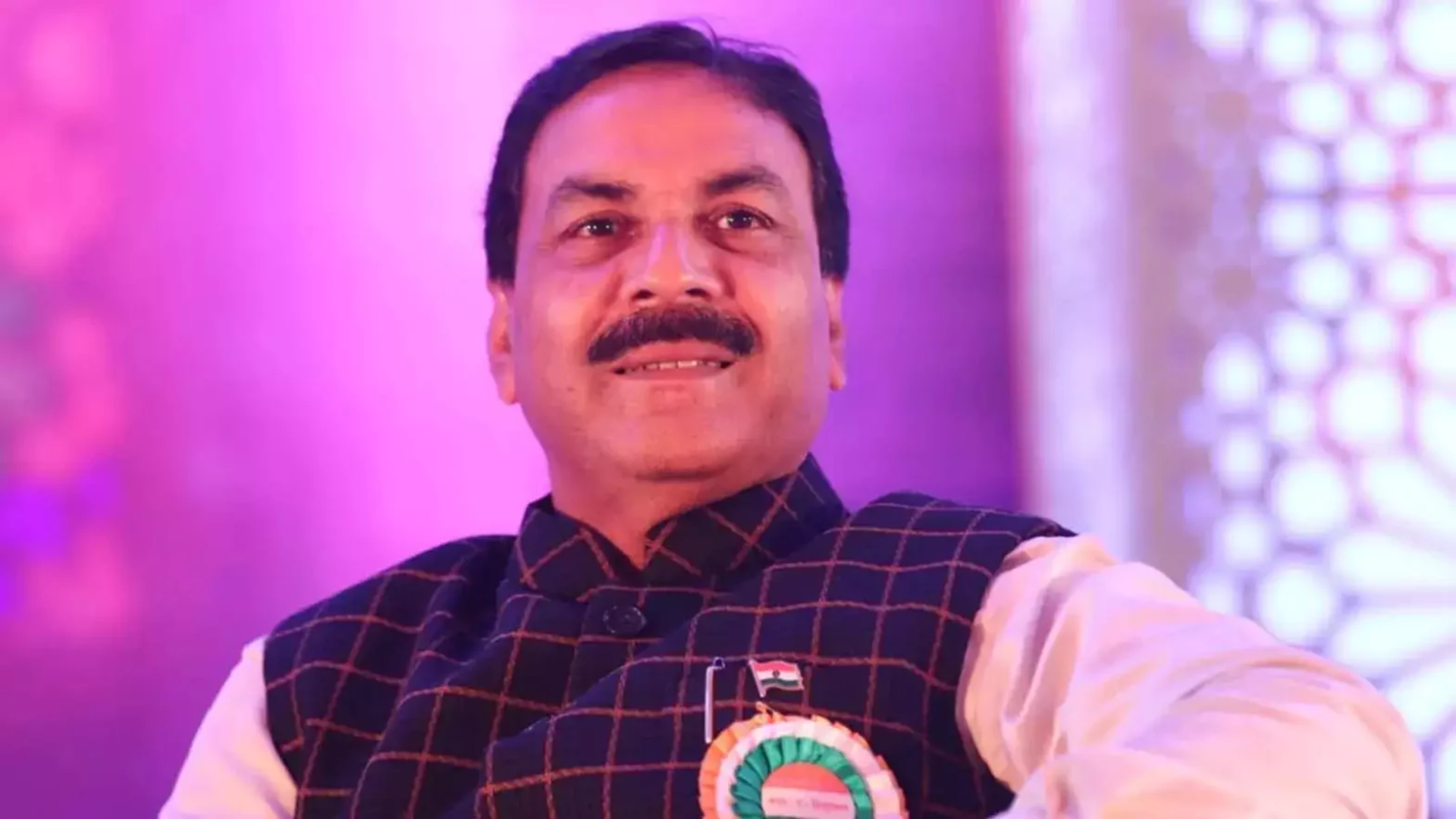
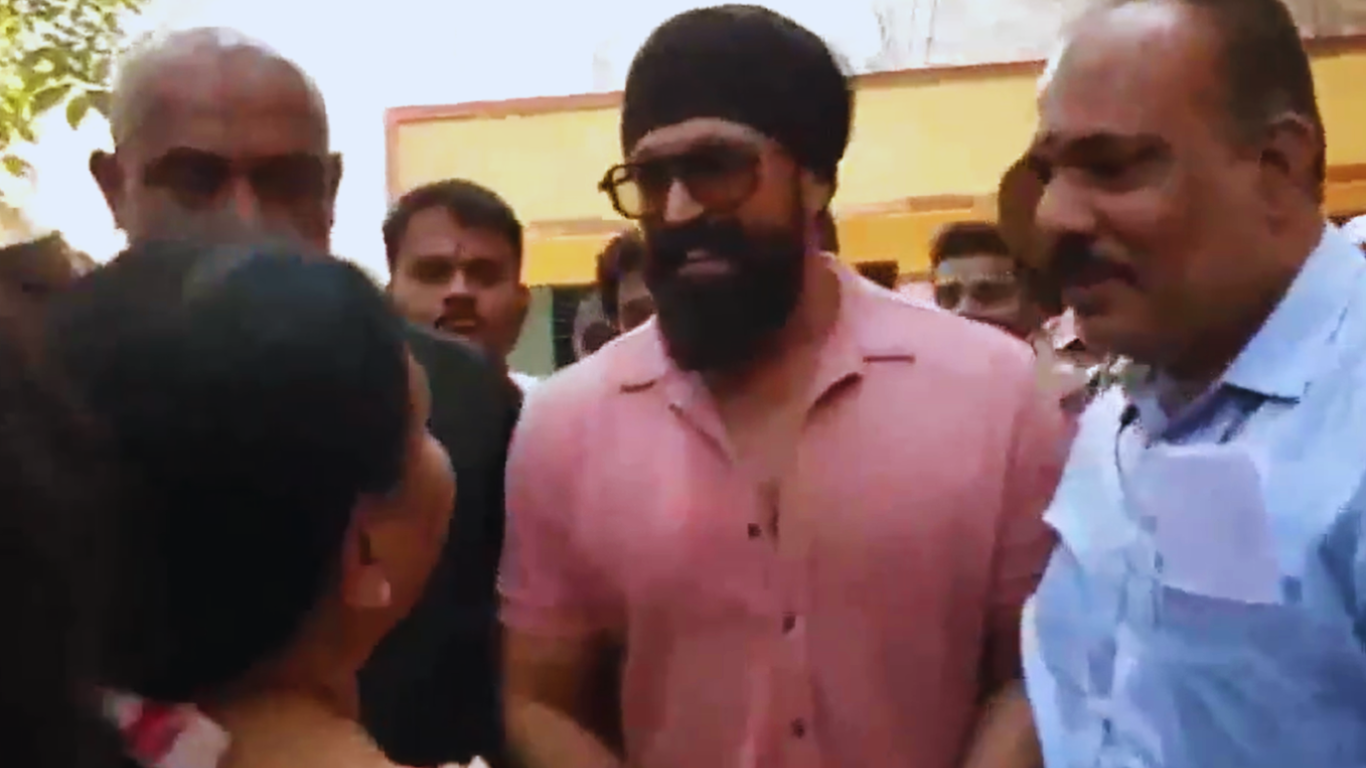

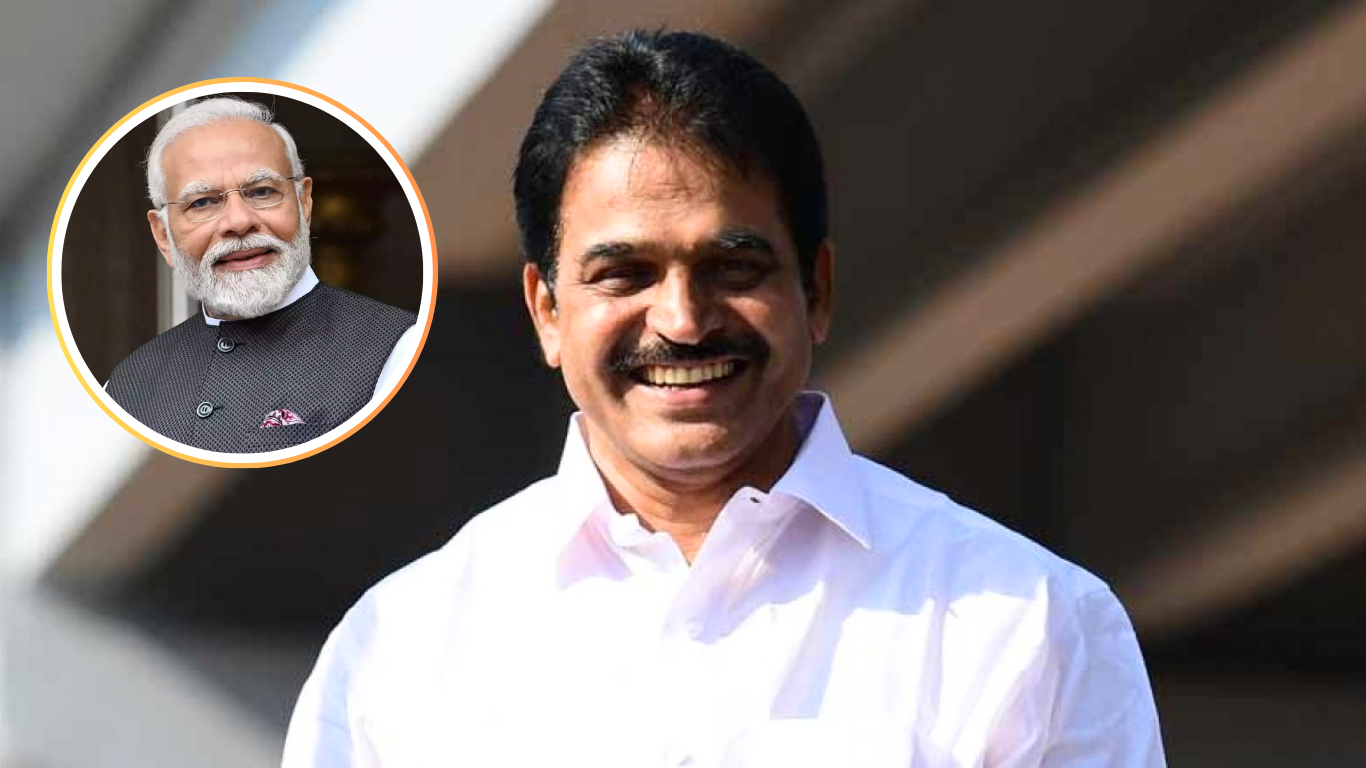
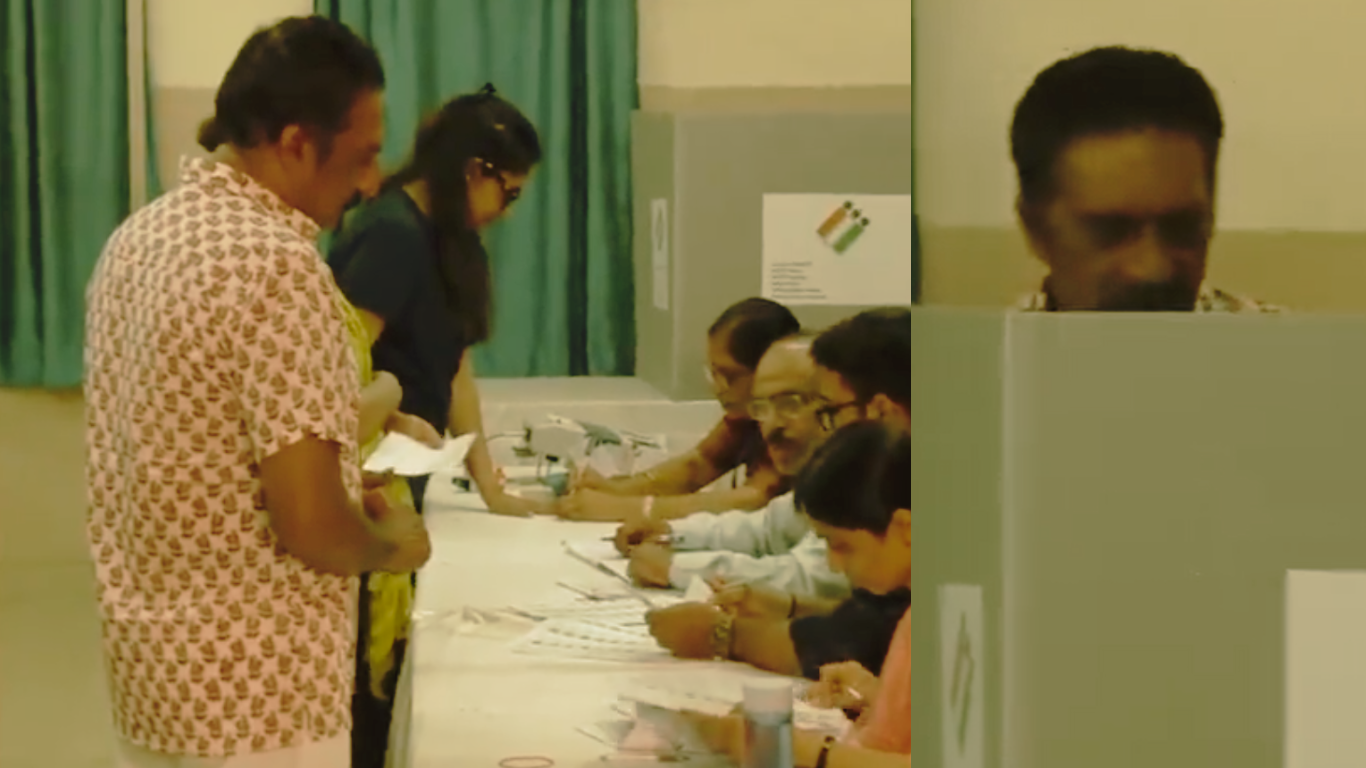
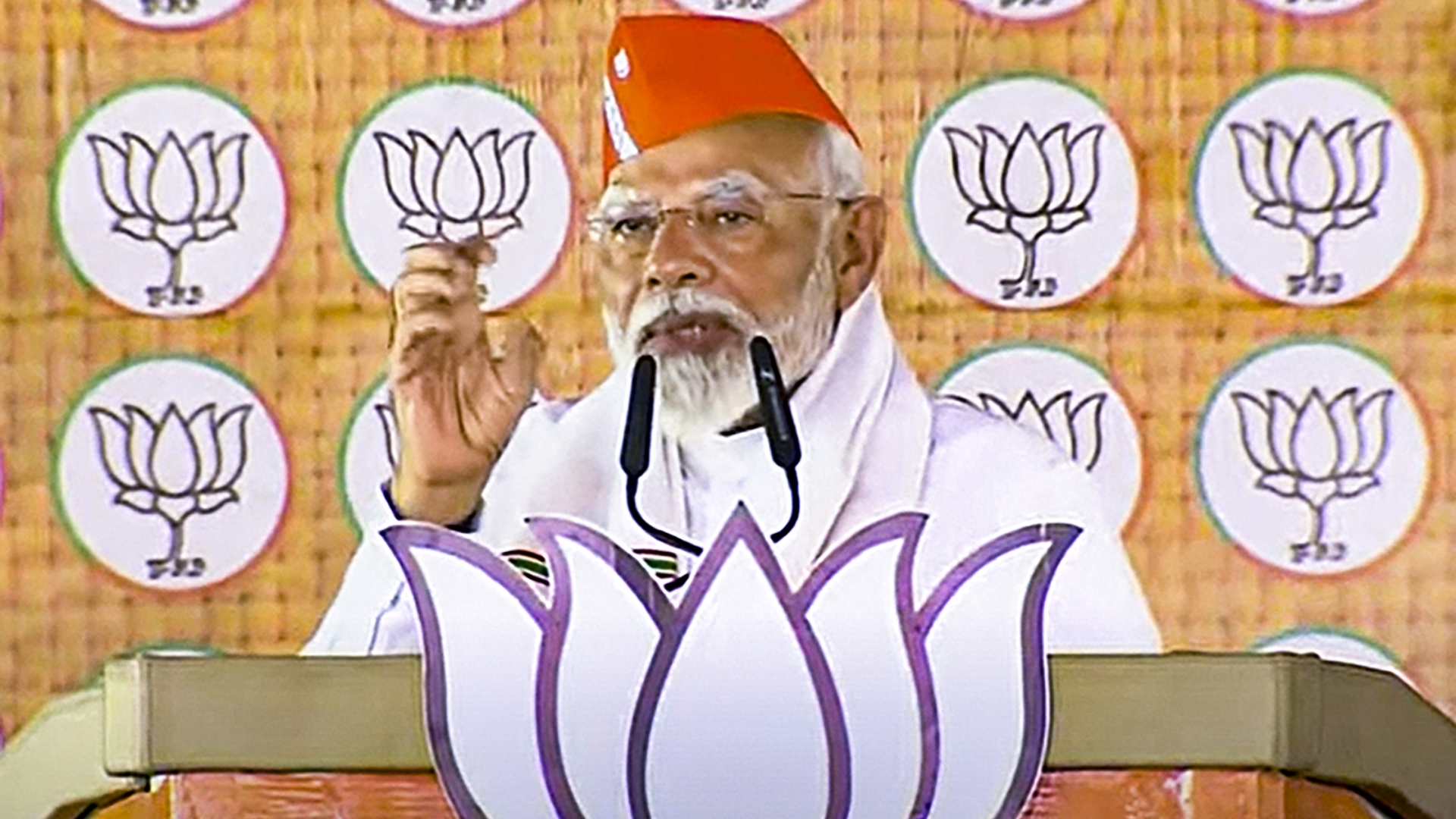
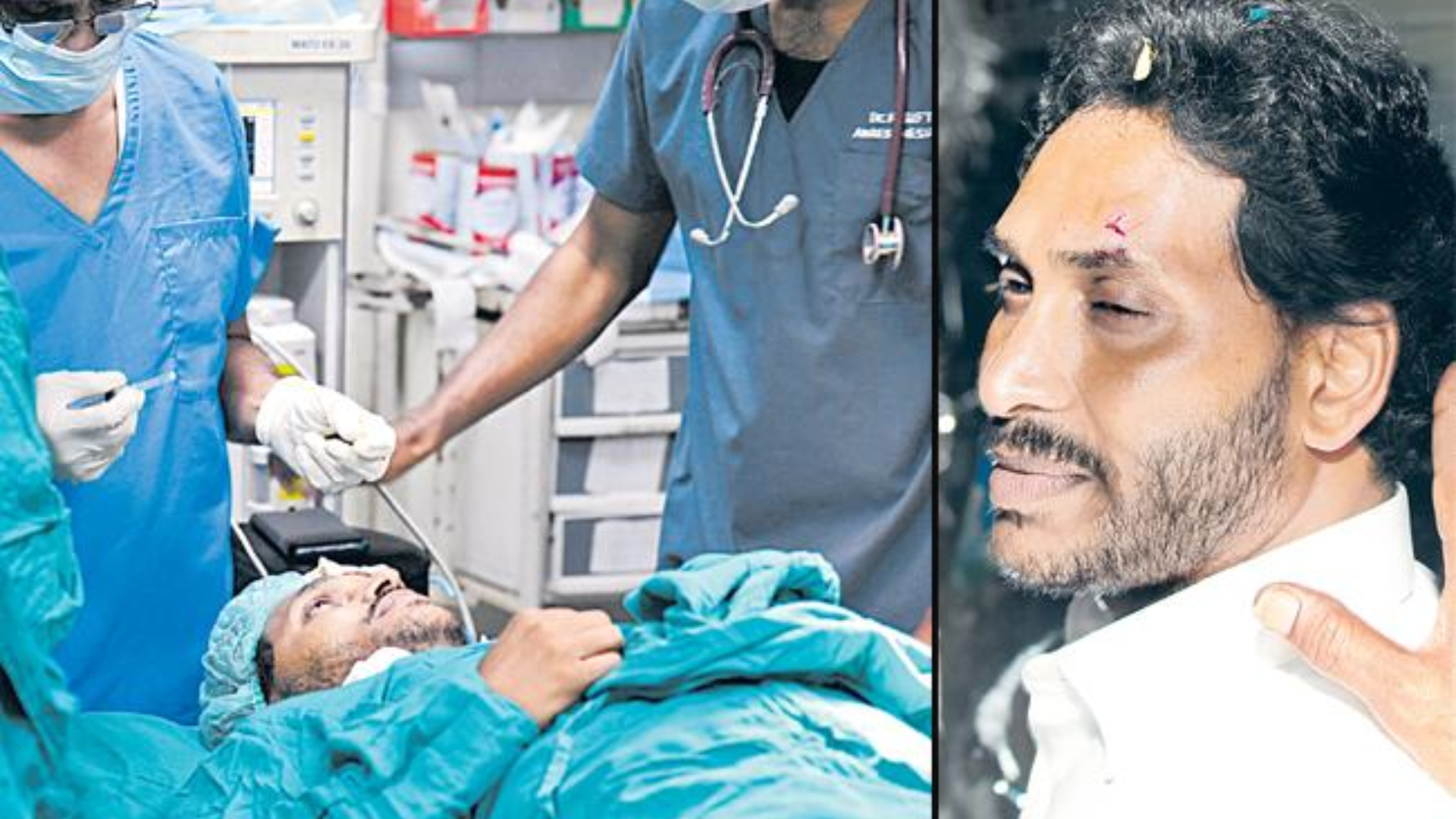
In a very recent incident, unidentified assailants reportedly hurled stones at the Andhra Pradesh Chief Minister Jagan Mohan Reddy during the Memantha Siddham Yatra in Vijayawada today, resulting in a minor injury to CM Reddy’s forehead near his left eye. The incident occurred in the lead-up to the Lok Sabha Elections of 2024. With only five days remaining for the elections to start, Chief Minister Reddy had commenced a 21-day election campaign bus tour to address the crowd, starting from Idupulupaya in the Kadapa district and concluding in Icchapuram in the Srikakulam district.
However, the incident which seems to be an isolated one is, in fact, the complete opposite. There have been several such incidents of reported assaults on politicians prior to elections in the past as well. These incidents have raised multiple questions regarding the intolerance and inhumanity that are coming to be deeply rooted within the minds of the citizens of India. They have also raised concerns regarding the potential setting of a new trend: attacks on politicians. What was once considered to be an isolated incident has seemingly become a recurring theme in Indian politics.
Now, as the nation prepares for one of the most critical democratic exercises, the safety and security of political leaders are under scrutiny like never before. Are these attacks becoming a new and disturbing tradition?
The recent years have witnessed a surge in attacks on politicians across the political spectrum. From physical assaults to vandalism of property, the frequency and intensity of these incidents are alarming. A similar incident of attack on politicians was noted in March 2021, when Mamata Banerjee alleged she was attacked in Nandigram during a campaign rally. She claimed that she was pushed against her car causing injuries to her leg. This incident became a significant point of contention during the West Bengal assembly elections. Therefore Political rallies, public gatherings, and even individual homes have become targets, raising questions about the motives behind such acts of violence.
Prominent political figures, including sitting MPs, ministers, and party leaders, have found themselves at the receiving end of these attacks. In 2017, Rahul Gandhi’s convoy was attacked in Gujarat during a campaign for the state assembly elections. Stones were thrown at his vehicle, and his car’s window was shattered. Fortunately, Rahul Gandhi was unharmed.
In another incident, The Chief Minister of Delhi, Arvind Kejriwal, In 2014, during the Lok Sabha election campaign, was attacked with ink and slapped during a roadshow. Kejriwal has also faced other physical assaults and security threats.
Such attacks on these prominent personalities have far-reaching implications for the electoral landscape. These individuals are not only representatives of their constituencies but also symbols of India’s democratic process.
Talking about why these attacks have been taking place and what motivates these attackers to take such action, the reasons seem to be varied and very subjective. While some attacks may have clear political motives, others may be stemming from personal vendettas or grievances. In either case, it is crucial for the authorised officials to take serious actions against these attackers. Political violence not only undermines the democratic fabric but also threatens the safety and well-being of individuals and communities. They can alter the dynamics of the electoral process and instil fear among the candidates which may deter candidates from actively participating in campaigning or engaging with voters. Moreover, the public’s perception of safety and security during elections may even sway the voter turnout and overall participation.
The escalation of such attacks have the potential to change the dynamics of the political landscape and, therefore, necessitates urgent and concerted action to be taken. Political parties, law enforcement agencies, and civil society need to collaborate and take necessary steps to ensure the safety of politicians and uphold the integrity of the electoral process. Enhanced security measures, public awareness campaigns, and swift legal action against perpetrators are essential steps in addressing this pressing issue.
To conclude, As India prepares for the Lok Sabha Elections of 2024,it becomes increasingly crucial to put a stop to these attacks on political figures from becoming a new age tradition. The prevalence of such attacks on politicians underscores the need for vigilance and proactive measures. The safety and security of political leaders are paramount to safeguarding the democratic principles upon which the nation’s governance rests.

